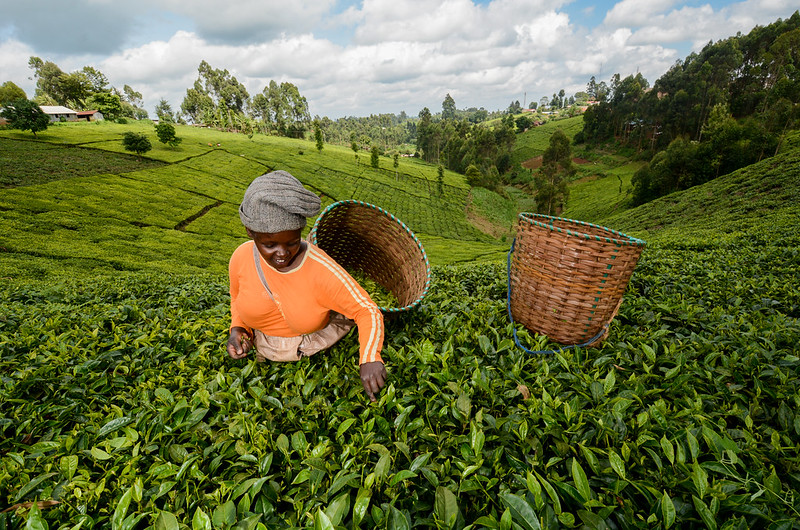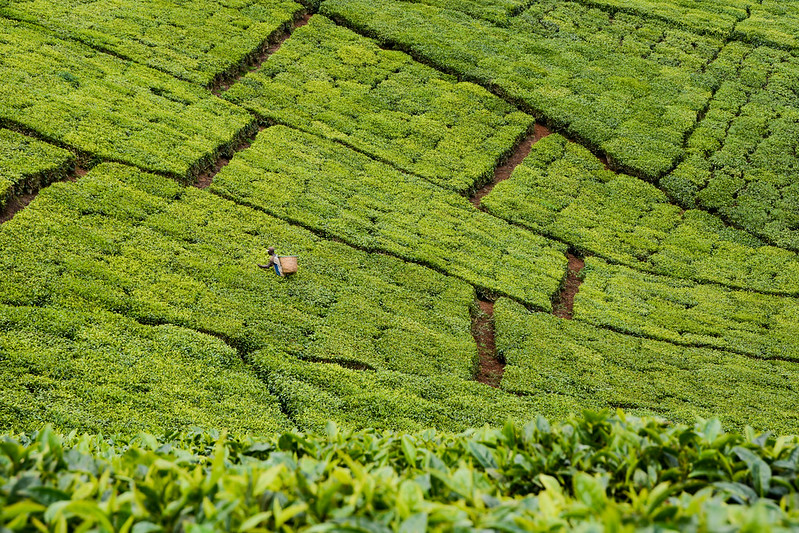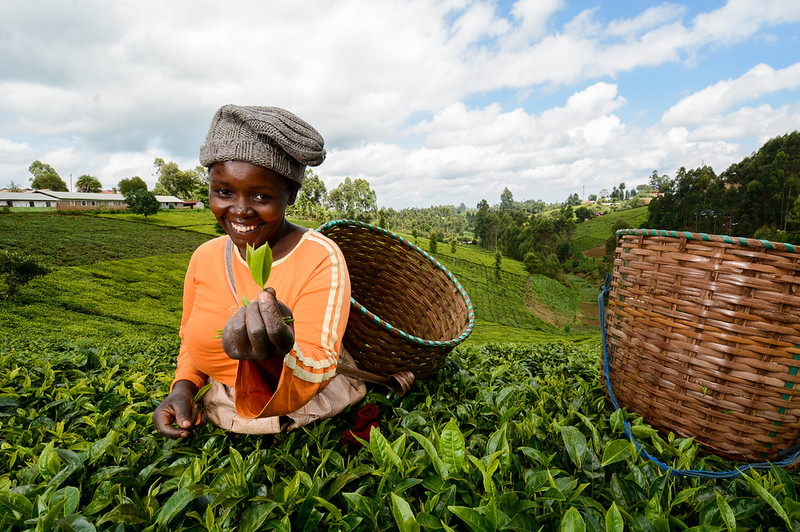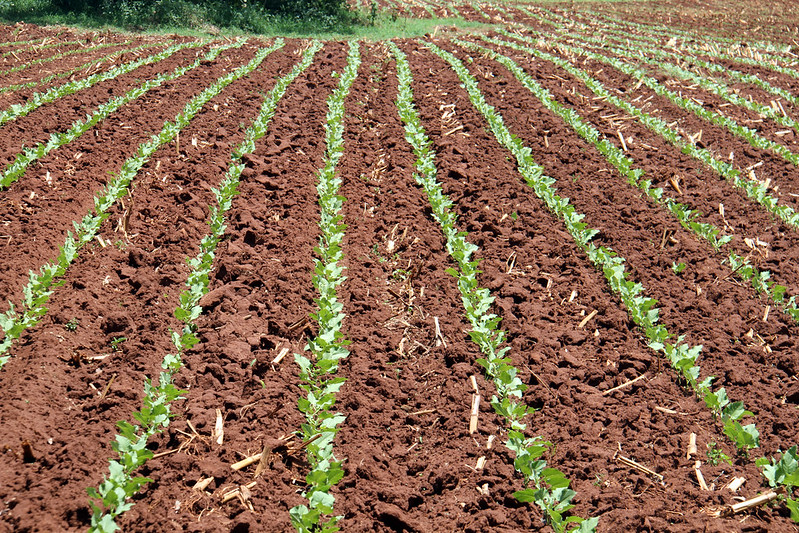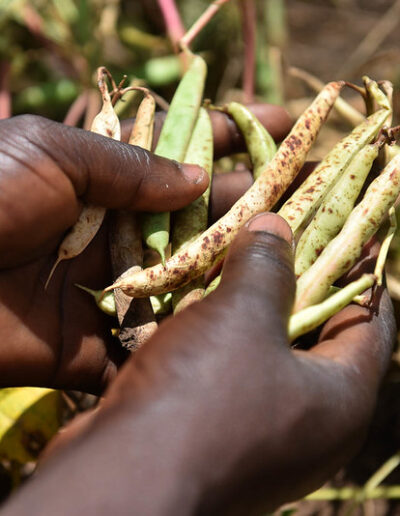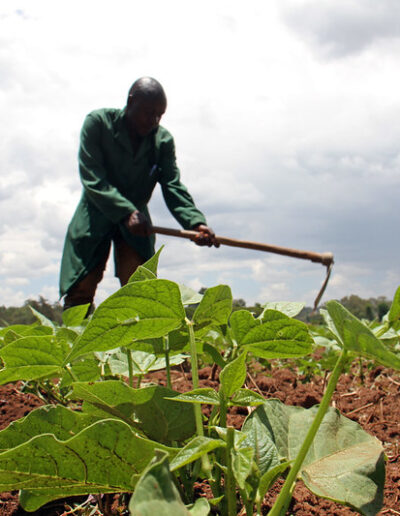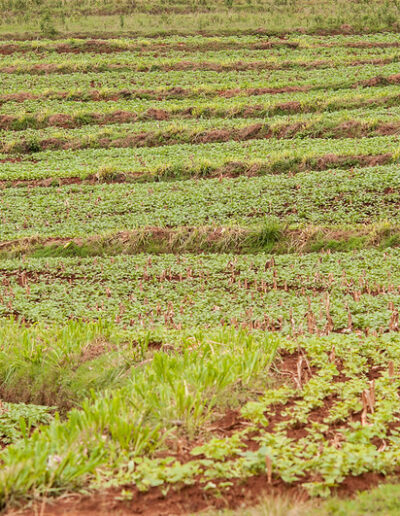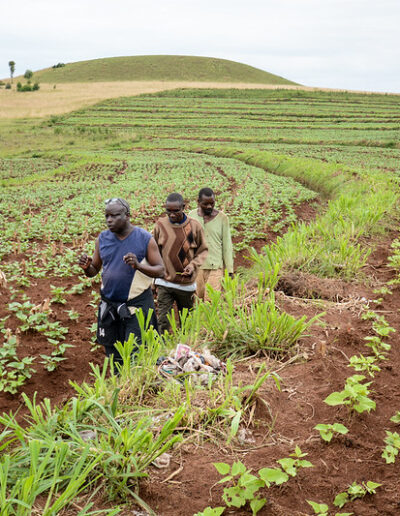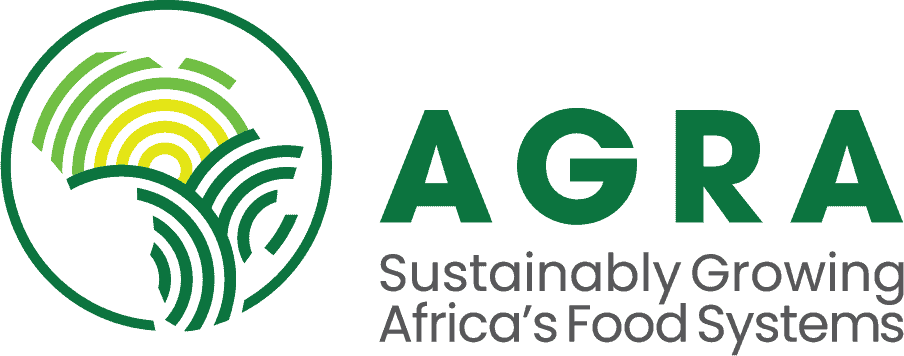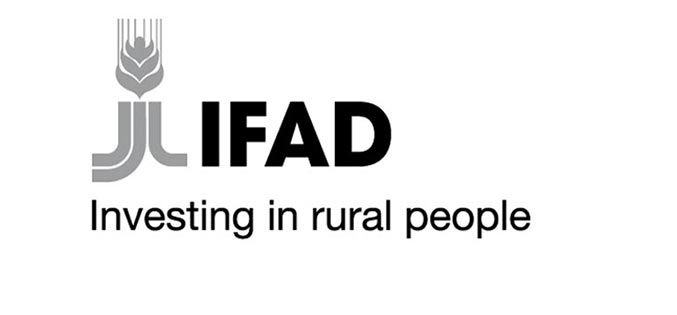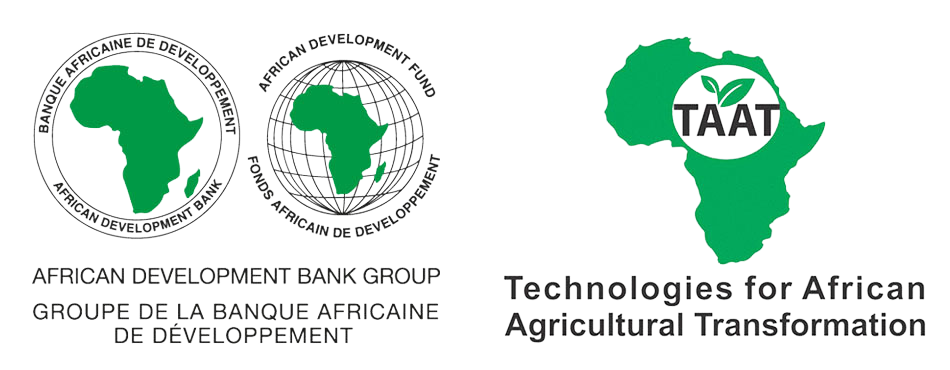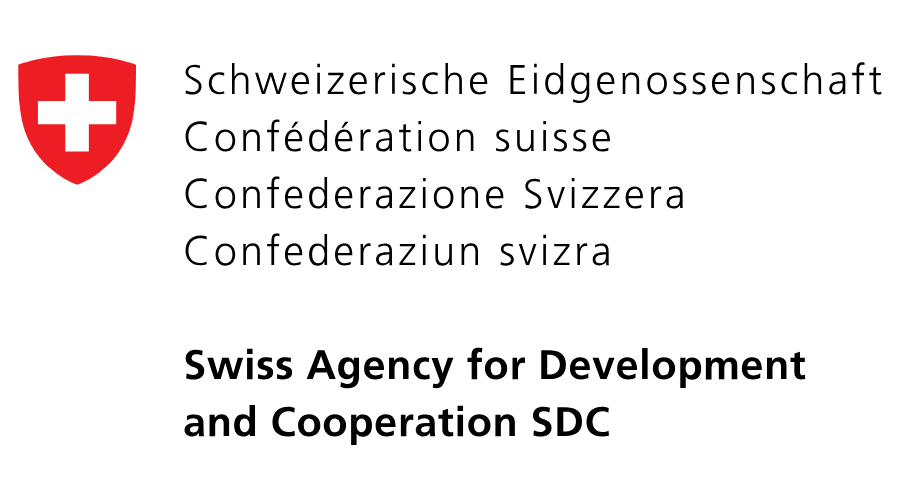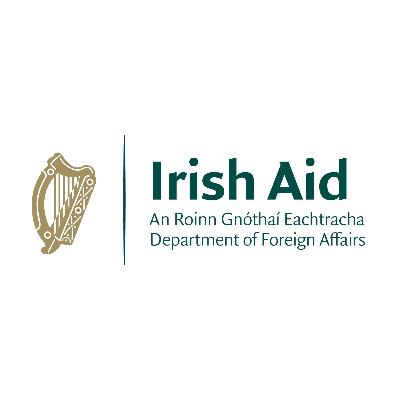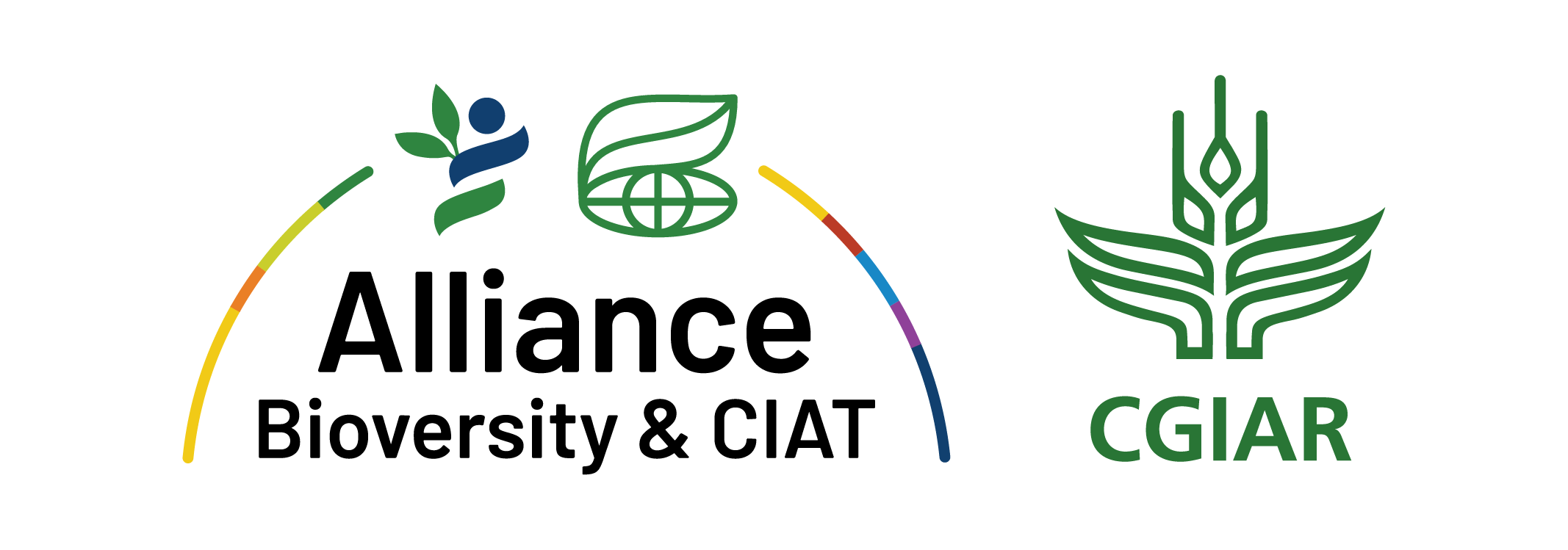About Integrated Crop Management
To help farmers maximize their new bean varieties, PABRA uses an Integrated Crop Management (ICM) approach, covering soil preparation, pest control, water use, and post-harvest practices like fertilizing and weeding.
ICM offers cost-effective, environmentally friendly, and climate-resilient techniques to boost productivity and profits.
Combined with stress-tolerant, high-yielding bean varieties, ICM has helped farmers increase yields by up to 200%. Nearly six million farmers (68% women) are using ICM to improve bean production.

How it works
We work with members and partners to identify and develop existing and new cost effective technologies and strategies for improving bean production, with the aim of:
- Adapting improved varieties to different agro-ecologies
- Targeting improved varieties and technologies to different cropping systems, environmental factors and farmer socio economic status, including gender
- Understanding and contributing to positive environmental impacts, including improved ground cover and soil erosion control, soil fertility improvement, efficient use of fertiliser, genetic diversity, pest and disease control and preventing deforestation.
ICM Research
Our ICM research covers many different areas:
- Cropping systems: evaluate the compatibility and trade-offs of different bean varieties to different bean cropping systems, such as sole, rotation and intercropping.
- Inputs: assess the benefits of organic fertiliser (such as compost and manure, which can improve soil fertility and reduce susceptibility to pest attack), inorganic nutrient sources (such as phosphorus and lime) or a combination of the two, as well as the use of foliar feed and rhizobium inoculum for improved bean production.
- Water management: research into improved water management practices, such as infield water harvesting techniques (tied ridges, furrows and drip irrigation) and conservation agriculture in conjunction with drought tolerant bean varieties to overcome effects of unpredictable rainfall patterns resulting from climate change.
- Soil fertility: evaluate the potential of beans to contribute to biological nitrogen fixation, which can increase the yields of subsequent cereal crops in rotation systems. We also work with the private sector to promote the use of inoculum for improved biological nitrogen fixation.
- Pest and disease management: Common beans are susceptible to many different pests and diseases. They can strike both in the field and after harvest, having a major impact on crops, reducing yields, incomes and nutritional quality. The severity of pest and disease attack varies depending on many factors, such as agroecology, the susceptibility of the genotype, its growth stage, the season, the weather, storage conditions, and the strain or species of the pest/pathogen causing the infestation/ infection.
PABRA researches and supports an integrated approach to pest and disease management using a combination of biological, cultural, physical, and chemical methods. This includes using improved seed, insecticides, botanicals, mixed cropping and hygienic storage.
- Pests: Major pests include cutworms, aphids, bean fly (bean stem maggots) and spider mites.
- Diseases: Common diseases include bean mosaic viruses, blight, leaf rust, root rots, anthracnose and angular leaf spot.
- Other: evaluation of staking options for climbing beans, labour saving, weed management and other technologies.
Reaching farmers
Once technologies are developed, our goal is to promote them as widely as possible so that farmers can start reaping the rewards.
We do this in collaboration with PABRA members, partners and donors through a variety of approaches, including field demonstrations, farmer field days, joint demonstrations with input dealers, farmer field schools and exchange visits. These activities are complemented by printed materials, including bean production guidelines, posters, brochures and pamphlets, and media promotion on radio and TV.
In addition, we also provide training in good agronomic practices to bean producers through farmer innovation platforms and producer associations, including seed selection, land preparation, manure/compost production and management, and pest, disease and post-harvest grain management.
Policy development
We also develop tools to help policy makers and those working in agriculture, including researchers, private sector organisations, farmers and NGOs, understand the effects of specific constraints to bean production, and how ICM supportive agricultural policies can help address these constraints.

